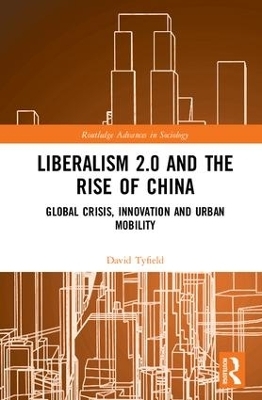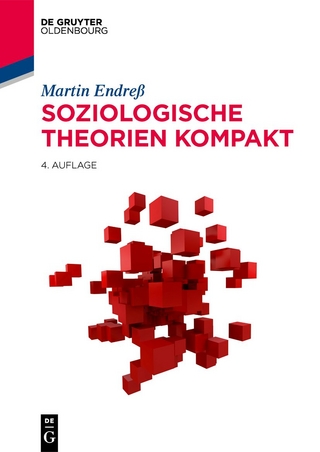
Liberalism 2.0 and the Rise of China
Routledge (Verlag)
978-1-138-83263-3 (ISBN)
But what is innovation? Usually, it is understood as new technologies that will ‘solve’ specific ‘problems’ – and, it is hoped, return life to a ‘business as usual’ of progress in individual freedom and wealth. But innovation is a thoroughly social process with profound implications for the arrangement of power in a society, hence shaping the emergence of new social systems. Exploring evidence from the key arenas of low-carbon innovation, including in the pivotal location of a rising China, this book describes the global systemic crisis of a neoliberal world order and the embryonic emergence of an alternative global power regime of a ‘liberalism 2.0’. This augurs both a web 2.0-based revitalization of the classical liberalism of the nineteenth century and new Dickensian inequalities and injustices. Against hopes that the present is a ‘revolutionary’ moment, therefore, political engagement with this emerging power regime is thus presented as the most productive strategy for a progressive twenty-first century politics.
David Tyfield is a Reader at the Lancaster Environment Centre, Lancaster University, a Director of the Joint Institute for the Environment, Guangzhou and Co-Director of the Centre for Mobilities Research.
Introduction
Section 1 – The Problem: The Global System Crisis of Neoliberalism
Chapter 1 Neoliberalism, Knowledge and the Global System
Chapter 2 Four Great Challenges
Chapter 3 The Geneaology of the Emerging Capitalist Present
Section 2 – Where Are We?: Innovation in China
Chapter 4 Will China Rule the World? The Emergence of Chinese Capitalism
Chapter 5 The Supply Side: Debates and Paradoxes regarding Chinese Innovation Upgrade
Chapter 6 The Unexpected Innovation Hegemon
Chapter 7 The Demand Side: The Emergence of Risk-Innovation-Class in China
Chapter 8 The Emerging Historic Bloc – China’s Middle Risk-Innovation-Class
Section 3 – Where Are We Going?: Sharing and Haggling the Long Complex Journey to Green Urban Mobility Systems Transition in China
Chapter 9 Electric Vehicle Innovation-as-Politics in China
Chapter 10 Towards Mobility-as-a-Service
Section 4 – What Can Be Done?: Conclusion
Chapter 11 Liberalism 2.0 and Beyond
| Erscheinungsdatum | 25.05.2016 |
|---|---|
| Reihe/Serie | Routledge Advances in Sociology |
| Zusatzinfo | 9 Tables, black and white; 23 Line drawings, black and white |
| Verlagsort | London |
| Sprache | englisch |
| Maße | 156 x 234 mm |
| Gewicht | 498 g |
| Themenwelt | Sozialwissenschaften ► Politik / Verwaltung |
| Sozialwissenschaften ► Soziologie ► Allgemeine Soziologie | |
| Sozialwissenschaften ► Soziologie ► Spezielle Soziologien | |
| Wirtschaft ► Volkswirtschaftslehre ► Wirtschaftspolitik | |
| ISBN-10 | 1-138-83263-4 / 1138832634 |
| ISBN-13 | 978-1-138-83263-3 / 9781138832633 |
| Zustand | Neuware |
| Informationen gemäß Produktsicherheitsverordnung (GPSR) | |
| Haben Sie eine Frage zum Produkt? |
aus dem Bereich


